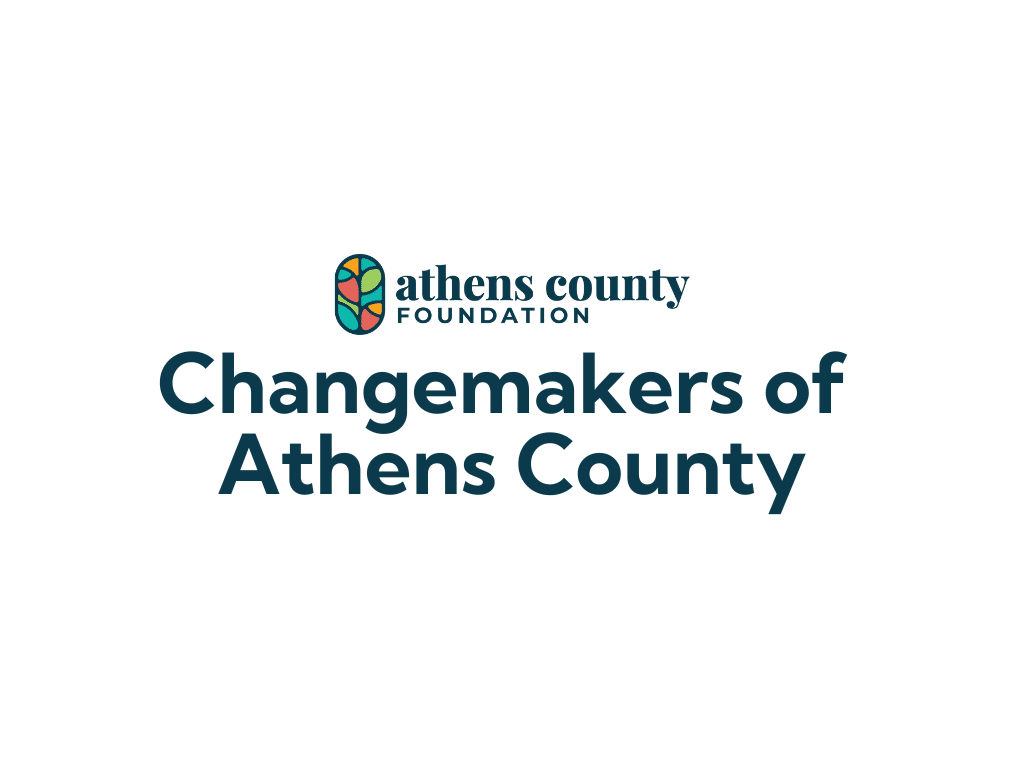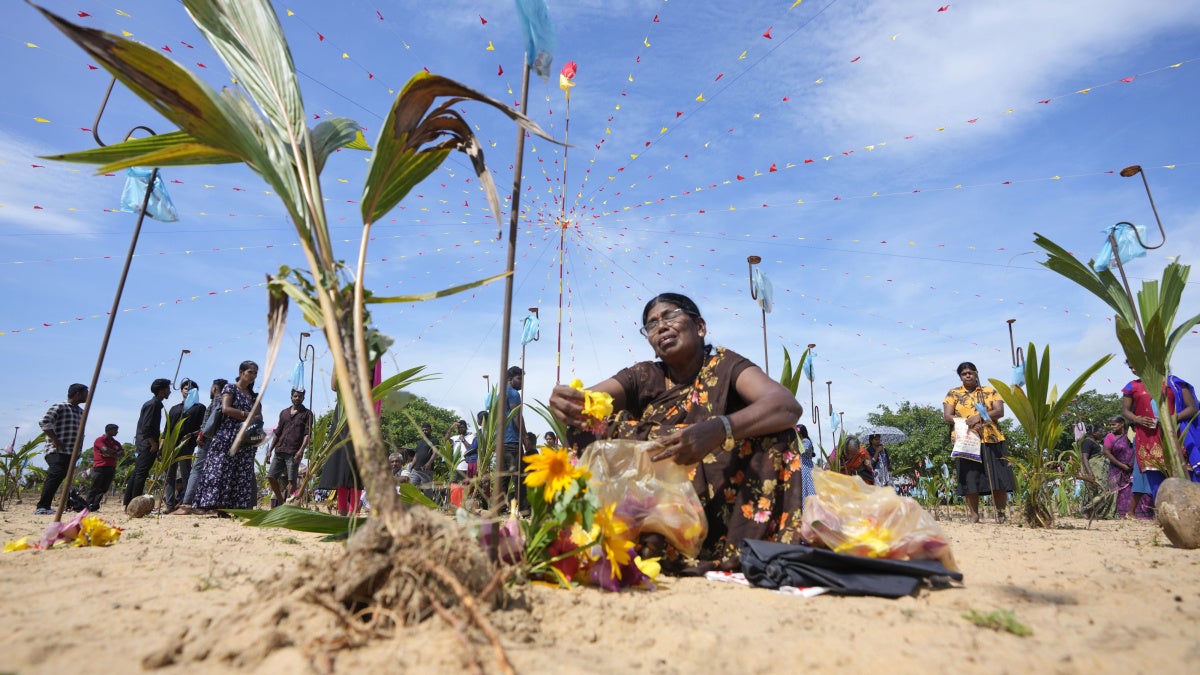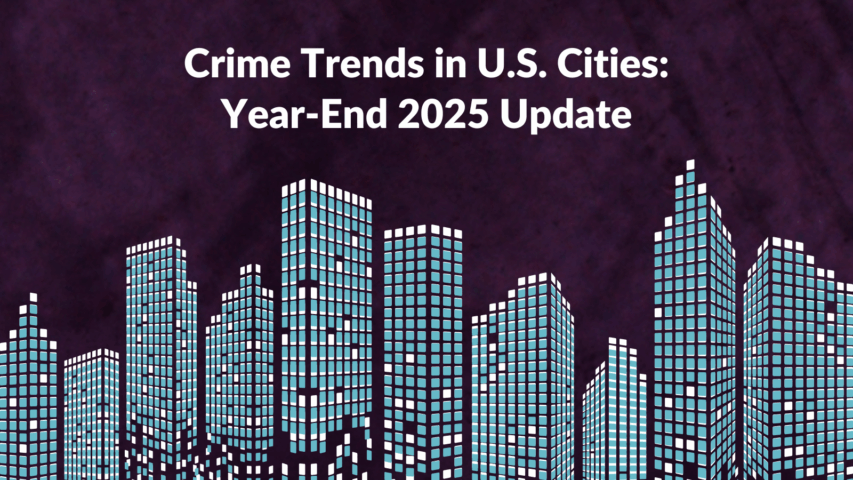Changemakers: My Sister’s Place supports domestic violence survivors – Athens County Independent

Report on the Operations and Impact of My Sister’s Place in Athens County
Introduction: Aligning Local Action with Global Sustainable Development Goals
My Sister’s Place (MSP), a non-profit organization in Athens County, Ohio, provides critical services to survivors of domestic violence. The organization’s work directly contributes to the achievement of several United Nations Sustainable Development Goals (SDGs), primarily focusing on ensuring safety, health, gender equality, and stable housing for vulnerable populations. This report details the services, impact, and challenges of MSP, framed within its contributions to SDG 3 (Good Health and Well-being), SDG 5 (Gender Equality), SDG 11 (Sustainable Cities and Communities), and SDG 16 (Peace, Justice and Strong Institutions).
Core Services and Contribution to Sustainable Development
Emergency Shelter and Housing: Advancing SDG 11
MSP provides emergency shelter and housing solutions, a critical component of SDG 11: Sustainable Cities and Communities, which aims to ensure access for all to adequate, safe, and affordable housing. In fiscal year 2024, the organization’s housing services included:
- Provided over 4,500 nights of shelter.
- Housed 77 adults and 54 children in its shelter and transitional house.
- Offered accommodation for pets through the “My Sister’s Paws” program, removing a significant barrier for survivors seeking safety.
- Utilized hotel vouchers for emergency placements, accounting for approximately 10% of shelter nights.
Despite these efforts, rising demand resulted in over 250 adults and nearly 150 children being turned away, highlighting a critical gap in local housing security infrastructure.
Counseling and Legal Advocacy: Supporting SDG 3 and SDG 16
The organization’s support services are instrumental in promoting SDG 3: Good Health and Well-being and SDG 16: Peace, Justice and Strong Institutions. By providing trauma-informed care and legal assistance, MSP helps survivors navigate complex systems and begin recovery.
Key statistics from fiscal year 2024 include:
- Answered over 2,000 calls to its 24/7 hotline.
- Provided counseling services to 73 individuals outside the shelter.
- Delivered court advocacy to 121 people across Athens, Hocking, and Vinton Counties, assisting with protection orders and court accompaniment.
These actions ensure survivors have access to justice and the mental health support necessary to rebuild their lives, free from violence.
Case Study in Survivor Empowerment and SDG Achievement
A Survivor’s Journey Towards Safety and Well-being (SDG 3 & SDG 5)
The experience of one survivor, Stephanie, exemplifies the impact of MSP’s integrated support system. Fleeing an abusive relationship with her five children, she found immediate physical and psychological safety at the shelter. This intervention directly addresses targets within SDG 5: Gender Equality, by providing essential services to women and children subjected to violence, and SDG 3: Good Health and Well-being, by creating a secure environment conducive to healing from trauma.
Pathway to Economic Stability and Independence (SDG 1 & SDG 10)
MSP’s support extended beyond immediate shelter, facilitating Stephanie’s journey toward long-term stability and contributing to SDG 1: No Poverty and SDG 10: Reduced Inequalities. The process involved several key steps:
- Housing Assistance: MSP helped secure stable housing for Stephanie and her children after their three-month stay at the shelter.
- Peer Support Certification: Encouraged by a counselor, she pursued and achieved certification as a peer recovery supporter.
- Employment Opportunities: She gained employment through Hocking Athens Perry Community Action’s (HAPCAP) Subsidized Employment Program.
- Career Advancement: Stephanie is now financially stable, employed full-time at a non-profit organization, and advancing in her career.
This case demonstrates how holistic support empowers survivors to achieve economic independence, breaking cycles of abuse and poverty.
Strategic Partnerships and Future Challenges
Collaborative Solutions for Housing Insecurity
Recognizing the scale of the housing crisis, MSP actively participates in the Housing Security Co-Create Group, a collaborative effort facilitated by the Athens County Foundation. This partnership model aligns with SDG 17: Partnerships for the Goals. MSP’s experience with hotel voucher programs informed a successful grant application by HAPCAP to convert a hotel into a homeless shelter. Executive Director Kelly Madewell emphasizes the need to couple financial resources like vouchers with comprehensive case management to ensure sustainable outcomes.
Community Support and Resource Needs
The continuation of vital services, particularly the hotel voucher program, is contingent on community support, as funding from the Ohio Domestic Violence Network remains uncertain. To continue advancing the SDGs in Athens County, MSP requires ongoing support through various channels:
- Direct financial donations to My Sister’s Place.
- Contributions to the Athens County Housing Security Fund.
- In-kind donations from the organization’s public wish list, including essential items like bath towels and toilet paper.
- Volunteer engagement, with orientations held at the beginning of each academic semester.
Analysis of SDGs, Targets, and Indicators
1. Which SDGs are addressed or connected to the issues highlighted in the article?
- SDG 1: No Poverty: The article connects to this goal by showcasing how My Sister’s Place (MSP) provides essential services like shelter and support, which are crucial for individuals like Stephanie who are fleeing abuse with no financial resources. The support system, including help with housing and employment through HAPCAP, directly contributes to breaking the cycle of poverty and achieving financial stability.
- SDG 3: Good Health and Well-being: The article highlights the severe psychological trauma associated with domestic violence, as described by Stephanie whose “nervous system was shot.” MSP addresses this by providing a safe environment and counseling services, which are essential for promoting mental health and well-being for survivors and their children.
- SDG 5: Gender Equality: This is a central theme, as the article focuses on domestic violence, a key barrier to gender equality. MSP’s mission to provide shelter and services for victims, who are predominantly women, directly aligns with the goal of eliminating all forms of violence against women and girls.
- SDG 11: Sustainable Cities and Communities: The article discusses the critical need for safe and accessible housing for survivors of domestic violence. MSP provides this through its shelter, transitional housing, and hotel vouchers. The organization’s involvement in the Housing Security Co-Create Group to establish a new homeless shelter further emphasizes its contribution to ensuring access to safe housing for vulnerable populations.
- SDG 16: Peace, Justice and Strong Institutions: MSP functions as a vital institution providing safety and justice for victims. The article mentions its court advocacy program, which helps 121 people navigate the legal system to get protection orders. This work is fundamental to reducing violence and ensuring victims have access to justice.
2. What specific targets under those SDGs can be identified based on the article’s content?
-
SDG 1: No Poverty
- Target 1.2: By 2030, reduce at least by half the proportion of men, women and children of all ages living in poverty. The article illustrates this through Stephanie’s journey from a crisis situation to achieving a job, home, and financial stability with the help of MSP and its partner organizations.
-
SDG 3: Good Health and Well-being
- Target 3.4: By 2030, reduce by one third premature mortality from non-communicable diseases through prevention and treatment and promote mental health and well-being. The counseling services provided to 73 people and the supportive community within the shelter directly contribute to promoting mental health for trauma survivors.
-
SDG 5: Gender Equality
- Target 5.2: Eliminate all forms of violence against all women and girls in the public and private spheres. The entire mission of My Sister’s Place, from its 24/7 hotline to providing shelter and legal support, is aimed at helping women and children escape violence and creating a life free from abuse.
-
SDG 11: Sustainable Cities and Communities
- Target 11.1: By 2030, ensure access for all to adequate, safe and affordable housing and basic services. MSP directly addresses this by providing over 4,500 nights of shelter and housing for 77 adults and 54 children in a fiscal year.
-
SDG 16: Peace, Justice and Strong Institutions
- Target 16.1: Significantly reduce all forms of violence and related death rates everywhere. The organization’s work provides a direct intervention to reduce instances and escalation of domestic violence.
- Target 16.2: End abuse, exploitation, trafficking and all forms of violence against and torture of children. The shelter provides a safe haven for children (54 housed in FY 2024) who are direct or indirect victims of domestic abuse.
- Target 16.3: Promote the rule of law at the national and international levels and ensure equal access to justice for all. The court advocacy program, which assisted 121 people, helps survivors use the legal system to secure protection orders, ensuring they have access to justice.
3. Are there any indicators mentioned or implied in the article that can be used to measure progress towards the identified targets?
Yes, the article provides several quantitative and qualitative indicators that can measure progress:
- Number of people accessing support services: The article states that in fiscal year 2024, MSP “answered more than 2,000 calls to its hotline,” provided “counseling to 73 people,” and offered “court advocacy to 121 people.” These figures serve as direct indicators for measuring access to support and justice systems (Targets 5.2, 16.3).
- Provision of safe housing: The “more than 4,500 nights of shelter” provided and the housing of “77 adults and 54 children” are key indicators for progress on Target 11.1 (access to safe housing).
- Unmet need for housing: The fact that MSP “turned away more than 250 adults and nearly 150 children” is a critical indicator that highlights the gap between the services available and the community’s needs, showing where more progress is required.
- Number of children protected from violence: The specific mention of “54 children” being housed is an indicator for Target 16.2, which focuses on ending violence against children.
- Successful transition to stability: Stephanie’s story serves as a qualitative indicator of success. Her achievement of “a new job, a home, a car, and better mental health” demonstrates the long-term impact of the support services on reducing poverty and promoting well-being (Targets 1.2, 3.4).
4. Summary Table of SDGs, Targets, and Indicators
| SDGs | Targets | Indicators Identified in the Article |
|---|---|---|
| SDG 1: No Poverty | 1.2: Reduce the proportion of people living in poverty. | Qualitative evidence of a survivor achieving financial stability (job, home, car). |
| SDG 3: Good Health and Well-being | 3.4: Promote mental health and well-being. | Number of people receiving counseling (73). |
| SDG 5: Gender Equality | 5.2: Eliminate all forms of violence against all women and girls. | Number of calls to the domestic violence hotline (over 2,000). |
| SDG 11: Sustainable Cities and Communities | 11.1: Ensure access for all to adequate, safe and affordable housing. | Number of nights of shelter provided (over 4,500); Number of adults and children housed (77 and 54); Number of people turned away due to lack of space (250+ adults, 150+ children). |
| SDG 16: Peace, Justice and Strong Institutions | 16.1: Significantly reduce all forms of violence. | The existence and operation of a domestic violence shelter and its services. |
| 16.2: End abuse, exploitation… and all forms of violence against… children. | Number of children provided with shelter (54). | |
| 16.3: Ensure equal access to justice for all. | Number of people receiving court advocacy (121). |
Source: athensindependent.com
What is Your Reaction?
 Like
0
Like
0
 Dislike
0
Dislike
0
 Love
0
Love
0
 Funny
0
Funny
0
 Angry
0
Angry
0
 Sad
0
Sad
0
 Wow
0
Wow
0













































































